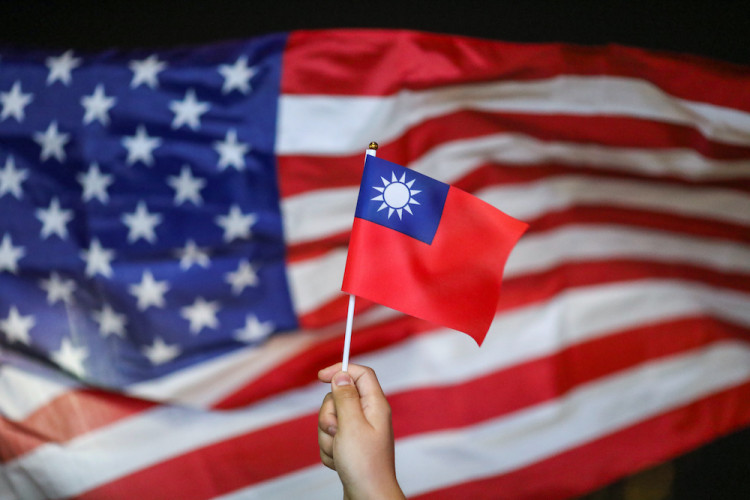Top trade officials from Taiwan and the United States met Thursday on the sidelines of the Asia-Pacific Economic Cooperation (APEC) ministerial in South Korea, signaling renewed momentum in tariff negotiations after U.S. President Donald Trump paused a 32% import duty on Taiwanese goods last month.
Taiwan's Vice Premier Cheng Li-chiun confirmed that the island's chief negotiator, Jenni Yang, met with U.S. Trade Representative Jamieson Greer at the APEC summit on Jeju Island. "Taiwan is confident it can reach trade balance by increasing purchases from the U.S.," Cheng said at a press conference in Taipei on Friday.
The meeting was the first in-person exchange between the two sides since late April, following a video conference on April 11. While Cheng did not disclose specific items discussed in Jeju, she said the talks had been "good" and expressed hopes for a future round of negotiations focused on tariff reductions and investment.
The resumption of talks comes as Taiwan faces rising pressure under Trump's protectionist trade policies. In early April, the Trump administration announced sweeping tariffs targeting nations with large trade surpluses, including Taiwan. The policy was briefly paused for 90 days to allow for bilateral negotiations.
Taiwan, which reported a trade surplus of $73.9 billion with the U.S. in 2024-up from $47.8 billion in 2023-has pledged to increase imports of American goods and invest further in U.S. markets. The surge has been fueled by demand for Taiwanese chips and servers used in artificial intelligence technologies.
President Lai Ching-te has stated that Taiwan will not retaliate and instead seeks a "zero tariff" agreement with the U.S. modeled after the United States-Mexico-Canada Agreement (USMCA).
Cheng said the negotiations also addressed non-tariff barriers and broader economic security concerns. She warned that a potential tariff under Section 232 of the U.S. Trade Expansion Act targeting semiconductors could disrupt Taiwanese investment in the U.S. and risk bottlenecks in global chip supply.
Trump has accused Taiwan of having "stolen" the semiconductor industry from the U.S., and has floated the possibility of imposing tariffs of up to 100% on Taiwanese chip exports.






